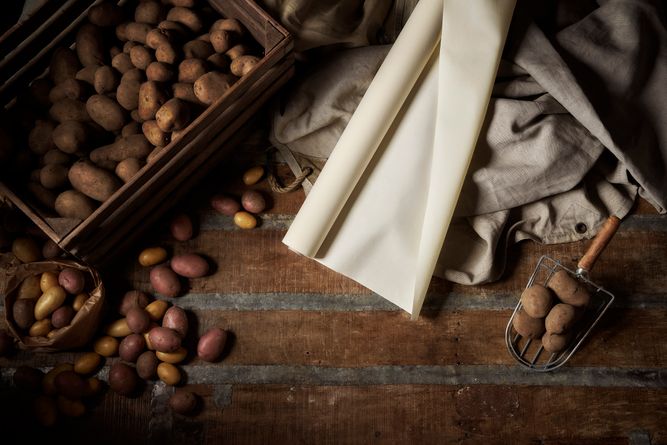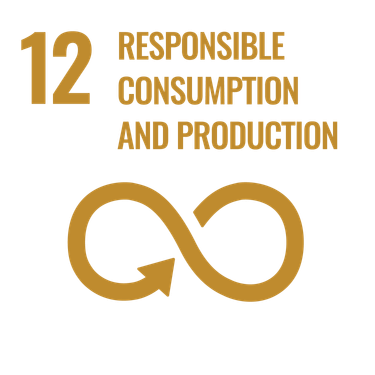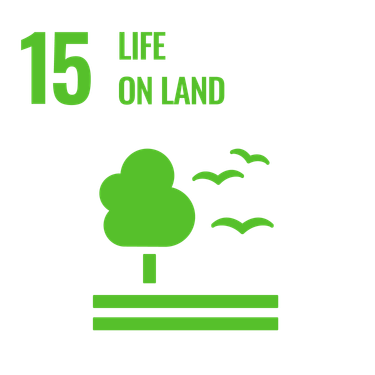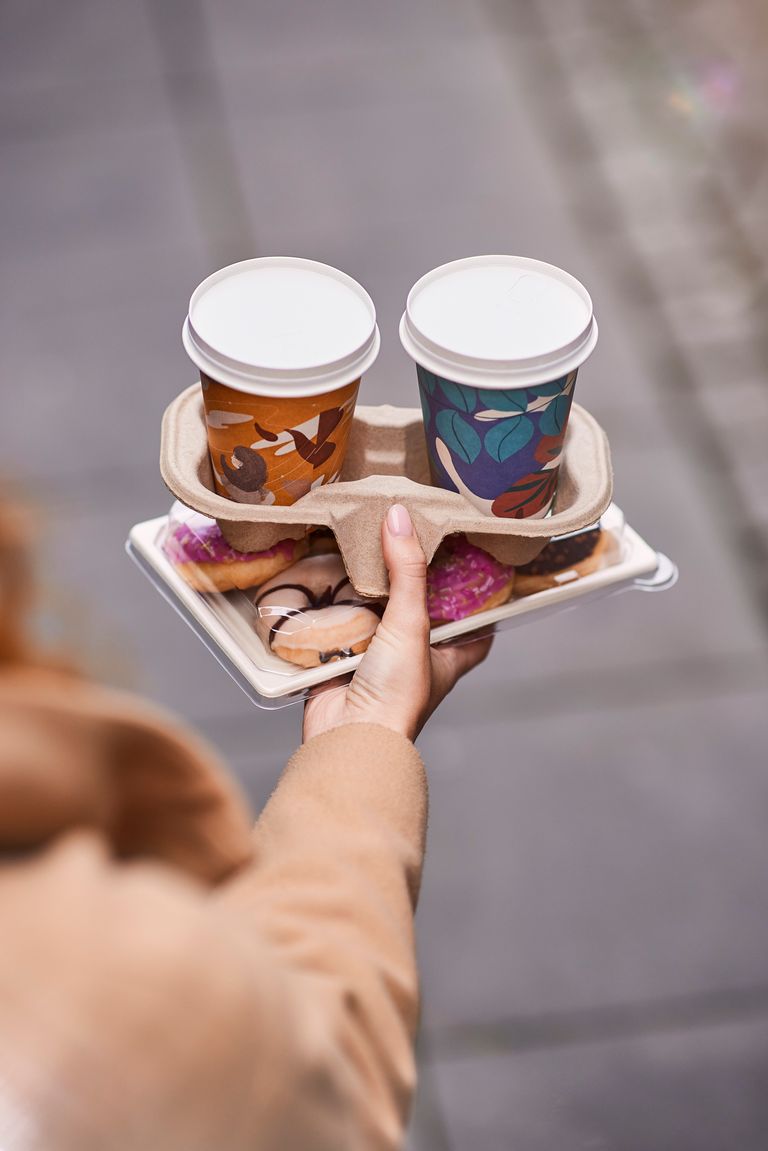THE WAY TO BE CIRCULAR
A life cycle perspective is crucial
Unlike a linear economy, a circular economy takes a holistic approach to sustainability. While the end-of-life stage is crucial, we must also consider upstream and manufacturing activities, handling the entire life cycle. The choice of raw materials is essential because recycling alone won't solve the climate crisis.
At Duni Group, we find renewable just as valuable as recyclable. Each recycling cycle requires an input of new material, which should be renewable. This way, we can leave the fossil resources where they belong, in the ground.

SDGs connected to the initiative
With dramatically increasing raw material use in society, it is vital to ensure sustainable consumption and production. Also, production requires energy and other resources, and many materials are not recycled. We must separate economic growth from resource use.
SDG 12: Responsible Consumption and Production
All companies must make active choices. Duni Group commits to choosing more sustainable materials, using renewable energy sources for production, and working for viable end-of-life solutions for our products.
SDG 15: Life on Land
Renewable paper fibers from the forest are an increasingly essential raw material for Duni Group. But forests must also be protected, managed, and restored to be a sustainable raw material source. Therefore, we prioritize FSC®-certified raw materials that promote responsible forestry practices.


A circular model for take-away
In line with Duni Group’s aim to offer the most sustainable solution for any occasion, we acquired a part of the German reuse solutions provider Relevo and the Spanish reusable packaging company Bumerang , in 2021. We aim to create an active partnership and cooperation to support their continued growth in their markets.


Raw materials
Getting it right from the start
An environmentally smart choice always starts with suitable raw materials. Because you can’t put that right later in the life cycle. It is one of our top priorities, and we actively include this perspective in the development and design processes. We aim to:
- Use more renewable raw materials with a focus on fibers where possible.
- Use less plastic and only where needed.
- Move from fossil virgin plastic to renewable or recycled plastic.
Sustainable end-of-life solutions
The “end-of-life” stage is essential to a product’s overall sustainability performance. We consider various scenarios where our products should fulfil at least one of the following options: recycling, composting or reuse.
- Composting is essential for our products in Australia, where BioPak has created the solution Compost Connect, which improves collection. In Southern Europe, we have a collaboration with Bicycompost focused on composting.
- Reuse is a growing trend, and we have committed to developing new solutions through our investments in Relevo, Bumerang, and Huskey, three young but leading companies.


Life Cycle Analysis proves CO2 reductions
Before launching our Bio Dunisoft® and Bio Dunicel® products that only use renewable materials, including the binder keeping the product together, we performed an externally validated Life Cycle Assessment (LCA). We compared them to their standard equivalents, produced with fossil binders.
The fossil-free Bio products reduce the negative climate impact. Especially Bio Dunicel®, with its efficient binder, does very well with an almost 30 percent lower climate impact. Our switch to paper-based packaging instead of fossil plastics also improves the products’ performance.
KPIs for the initiative
Our sustainability initiatives are central to Duni Group’s strategy. It is essential to follow up on how we perform and improve. We have set key performance indicators (KPIs) to facilitate the follow-up of our performance. The KPIs for the sustainability initiative Circular at scale are:
Virgin fossil plastic use in our single-use portfolio
The target for 2025: Index 50 on total tonnage, 2019 base year
FSC®-certified raw material use
The target for 2025: Business Area Dining Solutions 100%; Business Area Food Packaging Solutions 75%. Both in our European operations.

Learn more about our sustainability initiatives
We continuously try to minimize the use of virgin fossil plastics in our products and to make our operation more effective and fossil-free.


